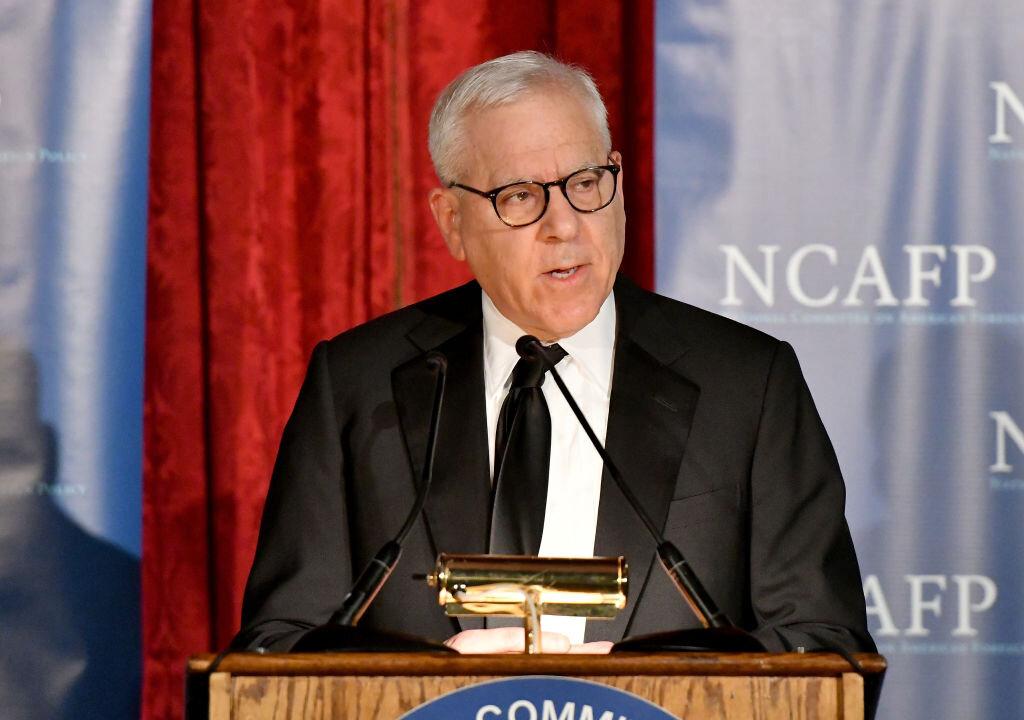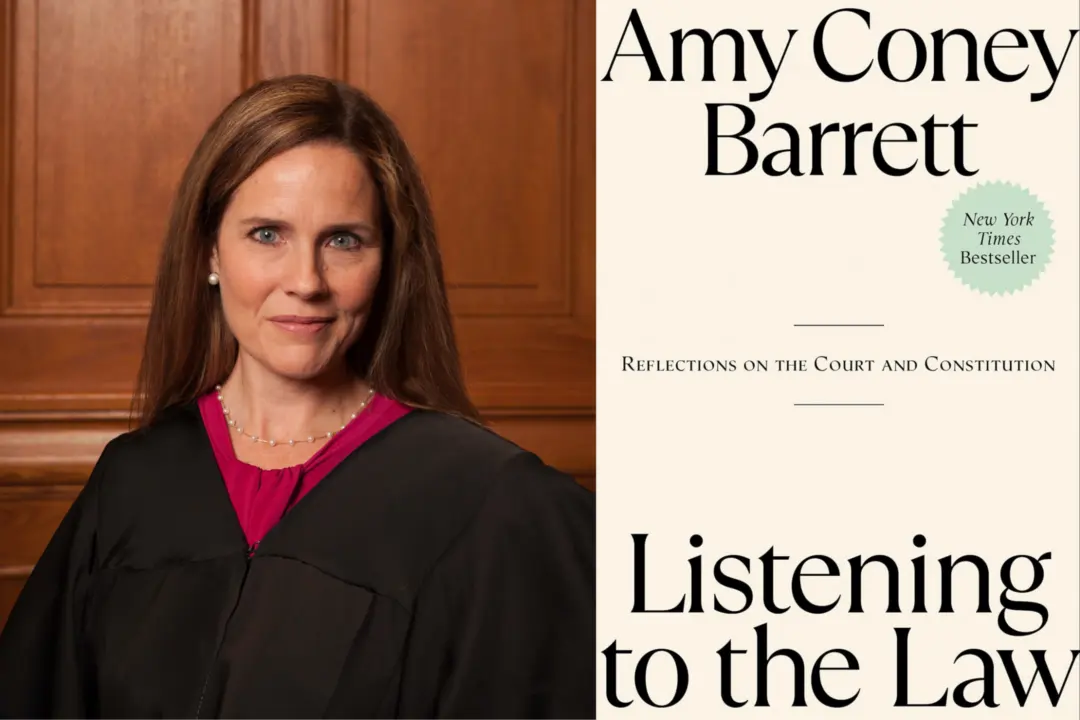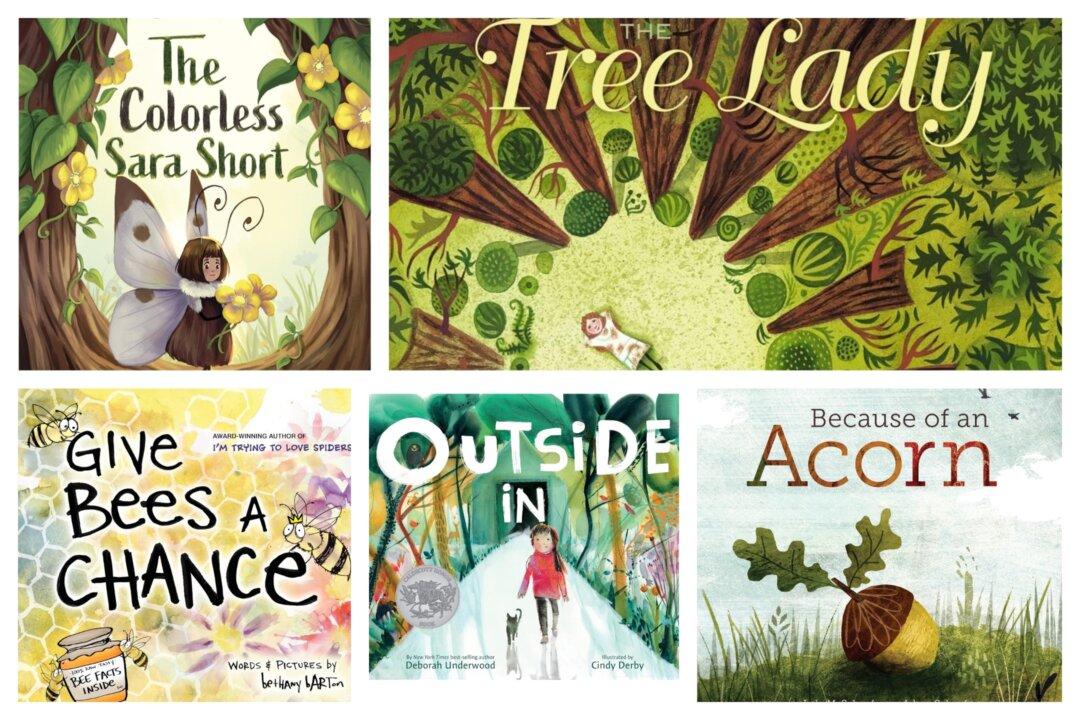It’s 2020. Another year, another decade. As we contemplate the future, we can always look to the past for inspiration. “The American Story: Conversations With Master Historians” by David M. Rubenstein is the perfect book to do so. In it, Rubenstein asks famous historians about the legacies of compelling people in American history.
Rubenstein, a renowned financier and a pioneer of patriotic philanthropy (he’s donated money to educate Americans about their history and heritage), is also the television host of “The David Rubenstein Show: Peer-to-Peer Conversations.” On the show, he interviews leaders to discover their paths to success.





